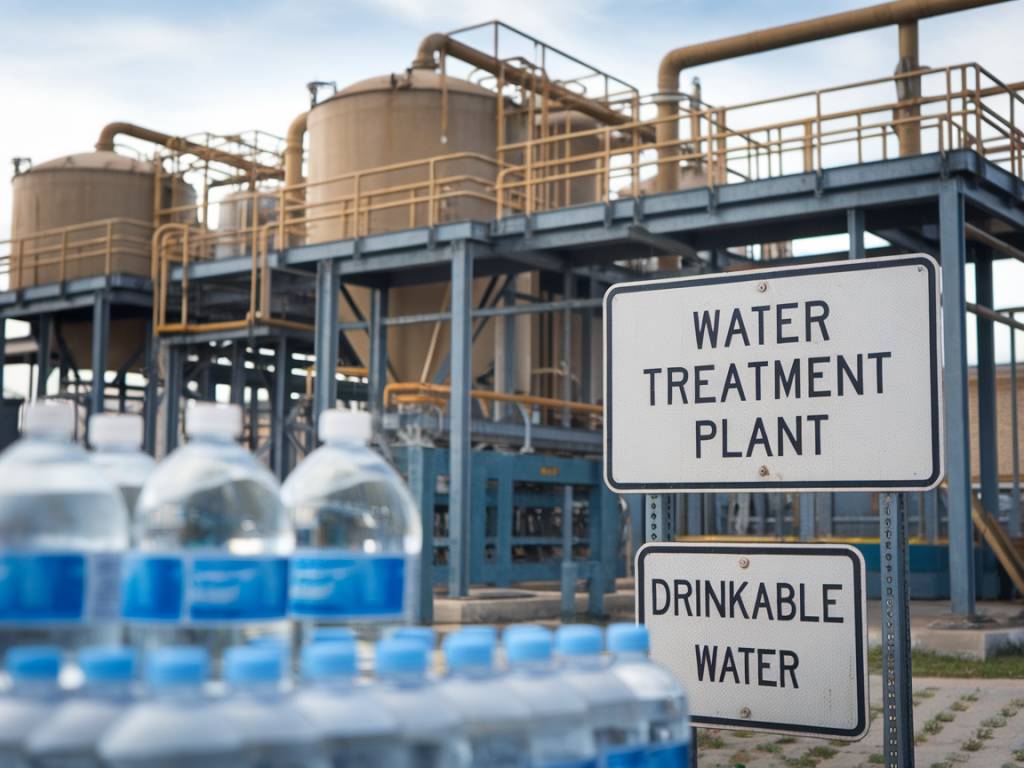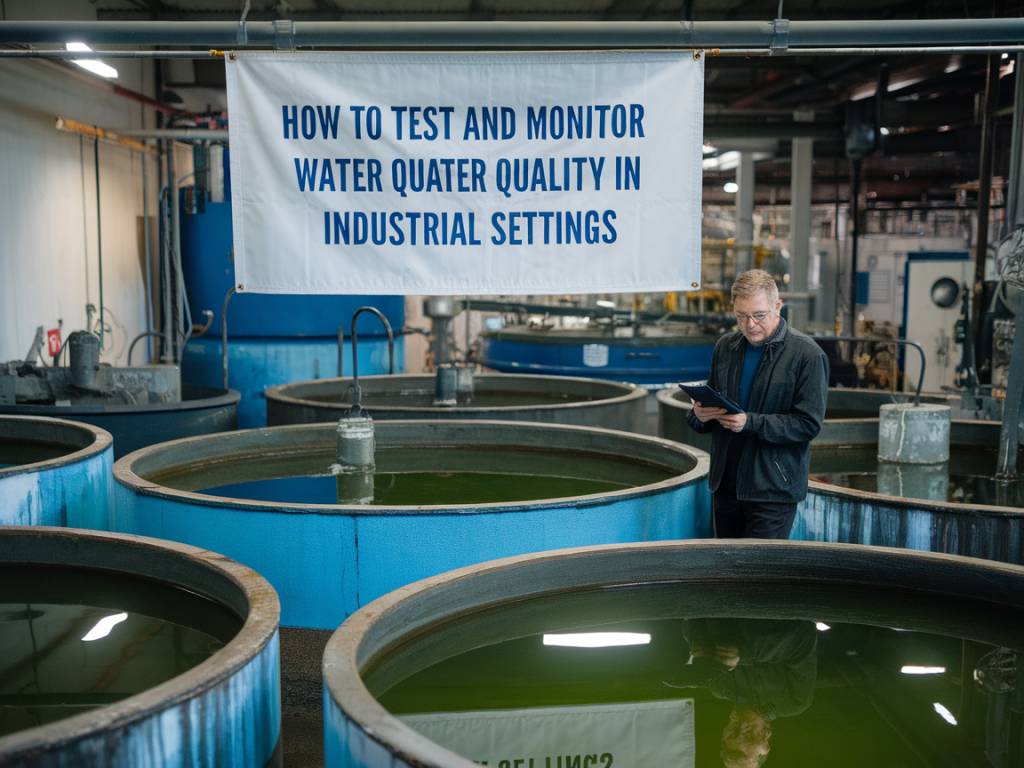Understanding the Essence of Water Quality Compliance
As rivers wind their way through the valleys of regulation, they bring life, nurturance, and challenges that businesses must navigate with expertise and diligence. Water quality compliance, a beacon of sustainability, calls for a delicate balance between industry practices and environmental stewardship.
But how can businesses ensure that the water they use and discharge meets the rigorous standards set forth to protect our cherished ecosystems? Let us embark on this journey, shall we, as we dive into the ever-flowing currents of water compliance and uncover the treasures that lie beneath.
Navigating Regulatory Waters: What Businesses Need to Know
In the dynamic landscape of environmental regulation, water quality standards serve as the compass that guides businesses towards sustainability. Federal and state regulations form the foundation of compliance, stipulating limits on contaminants and mandating regular monitoring. The Clean Water Act, for instance, stands as a sentinel, safeguarding our waterbodies from unchecked pollution.
Yet, adhering to these regulations can often feel like steering through turbulent waters for many businesses. To successfully chart a course, companies must invest in understanding the specific requirements applicable to their operations. Local environmental agencies often offer resources and support to help businesses align with these standards.
Implementing Effective Water Treatment Technologies
Like a waterfall cascading over rocky cliffs, innovative water treatment technologies can transform the way businesses approach water quality compliance. Whether through advanced filtration systems or biological treatment processes, these technologies hold the key to reducing pollutants and ensuring water returned to the environment is as pure as a mountain spring.
Consider the use of membrane filtration, a method that acts as nature’s weir, blocking impurities while allowing clean water to flow through. Businesses that harness such technologies often find themselves ahead in the compliance race, turning potential challenges into rivers of opportunity.
Sustainable Water Management Practices
In the rhythm of the natural world, sustainability beats like the steady pulse of a hidden spring, essential and ever-present. For businesses, sustainable water management is not just about compliance; it is about creating harmony between operational needs and environmental health.
Here are a few practices that businesses can consider:
- Implementing rainwater harvesting systems to reduce reliance on municipal supplies.
- Optimizing water use through process redesign and improving efficiency in water-intensive operations.
- Partnering with local communities to support watershed restoration and maintenance initiatives.
Such practices not only ensure compliance but also foster a deeper connection to the water resources that sustain us all.
The Role of Technology: From Data to Decision-making
The symbiosis of technology and nature can be seen in the streams of data that flow from monitoring devices to decision-making dashboards. Real-time monitoring and data analysis are crucial for businesses striving for water quality compliance.
With sensors that can capture the slightest ripple in water chemistry, businesses can detect potential issues before they become significant problems. This proactive approach allows for timely interventions, preserving water quality and maintaining compliance.
A Commitment to Continuous Improvement
Much like the ceaseless ebb and flow of the tides, water quality compliance is a continuous journey. It demands vigilance, adaptability, and a commitment to improvement. Businesses must view compliance not as a destination but as a part of their ongoing relationship with the environment.
Regular audits, staff training, and stakeholder engagement are vital components of a robust compliance strategy. By fostering a culture of responsibility and ownership, businesses can ensure that their operations support a sustainable and water-secure future.
Water, in all its mystique, holds the secrets of life and the power to connect us. As businesses align their practices with water quality standards, they contribute to a world where industry and nature thrive in coalesced harmony. So, dear reader, how will your business embark on this vital journey?




